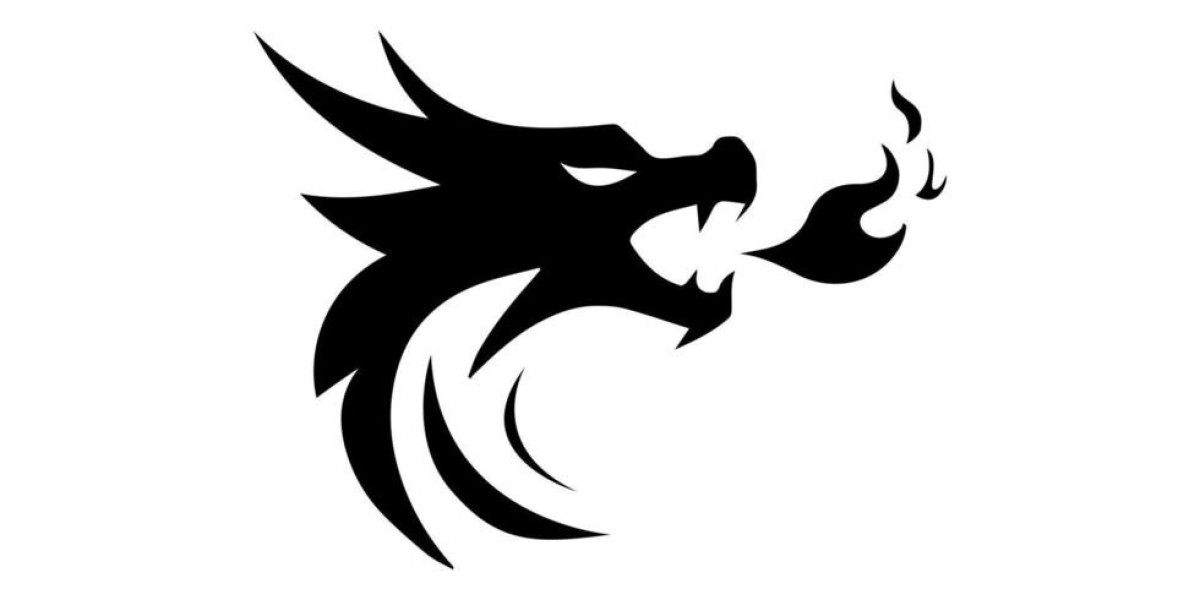The dragon symbol , a figure of myth and legend, has been one of humanity's most enduring and captivating symbols. Spanning continents and cultures, this mythical creature has taken on different forms and meanings. Dragons represent a myriad of concepts, including power, chaos, wisdom, and renewal, making them one of the most versatile and profound symbols in human storytelling.
Eastern Dragons: Harbingers of Prosperity and Guardians of Harmony
In Eastern traditions, dragons are revered as benevolent, celestial beings. Unlike their Western counterparts, they are not associated with destruction but are seen as protectors and symbols of balance within the natural world.
The Chinese Dragon (Long):
In Chinese culture, the dragon is an iconic symbol of good fortune, authority, and harmony. It is often linked to water, controlling rain, rivers, and seas, which are vital for agricultural prosperity. The dragon also symbolizes imperial power, with emperors referred to as the "sons of the dragon." During celebrations like the Chinese New Year and the Dragon Boat Festival, dragons are central figures, representing renewal, unity, and vitality.Japanese and Korean Dragons:
Japanese dragons (ryū) and Korean dragons (yong) share many similarities with their Chinese counterparts, often depicted as protectors of sacred sites and water sources. They symbolize wisdom, strength, and the delicate balance of nature. These dragons are commonly seen in Buddhist temples and Shinto shrines, underscoring their spiritual significance.The Naga in Southeast Asia:
In South and Southeast Asia, the naga, a serpent-like dragon, is a symbol of fertility, protection, and spiritual insight. Found in Hindu, Buddhist, and Jain traditions, nagas are often depicted as guardians of treasures and temples, bridging the physical and spiritual worlds.
Western Dragons: Tests of Heroism and Symbols of Chaos
In Western mythology, dragons are frequently portrayed as formidable, fire-breathing adversaries that represent chaos, greed, and destruction. Their presence in folklore often serves as a test of courage, strength, and moral integrity.
Guardians of Treasure:
Western dragons are often depicted as hoarders of gold and jewels. They symbolize greed and corruption, with their treasure serving as a metaphor for power or wisdom that must be earned through bravery. In J.R.R. Tolkien's The Hobbit, the dragon Smaug embodies this archetype, guarding his vast hoard and challenging anyone who dares to approach.Mythical Adversaries:
In tales like St. George and the Dragon, the beast represents evil or chaos that must be vanquished by the hero. This struggle serves as a metaphor for the triumph of virtue over sin or order over disorder.Challenges for Heroes:
Stories like Beowulf position dragons as the ultimate test of a hero’s resolve. These epic battles often signify the hero’s journey of transformation, where defeating the dragon symbolizes overcoming inner fears or achieving personal growth.
Universal Themes of the Dragon Symbol
Despite their cultural differences, dragons universally embody profound themes that resonate with the human experience:
Power and Majesty:
Dragons are synonymous with immense strength and supernatural power. In many traditions, they represent the untamed forces of nature or divine authority.Guardianship:
Dragons often serve as protectors of sacred knowledge, treasures, or gateways. Confronting a dragon represents the pursuit of enlightenment or the courage to face life’s greatest challenges.Transformation and Renewal:
The dragon is often linked to cycles of destruction and rebirth. In alchemy, it represents purification, where obstacles are burned away to reveal hidden truths or spiritual awakening.Chaos and Order:
Dragons embody the tension between chaos and harmony. In Eastern cultures, they maintain cosmic balance, while in Western myths, they often symbolize chaos that must be subdued.
Dragons in Modern Culture: Reinventing the Myth
Dragons continue to thrive in contemporary culture, adapting to modern sensibilities while retaining their timeless allure. They remain symbols of power, mystery, and individuality.
In Fantasy and Media:
Dragons are central to modern fantasy stories, from Tolkien's Smaug to the dragons in George R.R. Martin's Game of Thrones. These portrayals often highlight dragons as complex beings with intelligence, emotions, and their own sense of morality.Personal Symbolism:
Dragons are popular motifs in tattoos, art, and branding, representing strength, resilience, and transformation. They inspire individuals to embrace their inner power and overcome adversity.Spiritual Connections:
Dragons continue to hold spiritual significance. In practices like yoga, the serpent-like kundalini, often likened to a dragon, symbolizes dormant energy that leads to spiritual awakening when activated.
The Dragon’s Legacy: A Symbol for All Time
The dragon’s enduring presence in myths, art, and culture speaks to its universal significance. Whether feared as a destructive force, revered as a guardian, or admired for its wisdom, the dragon captures humanity’s fascination with the unknown and the powerful. Its symbolism of transformation and balance continues to inspire, reminding us of the courage, strength, and resilience needed to face life’s challenges.
As a timeless symbol of power, mystery, and transformation, the dragon invites us to embrace our potential, seek harmony, and confront the chaos within and around us.



